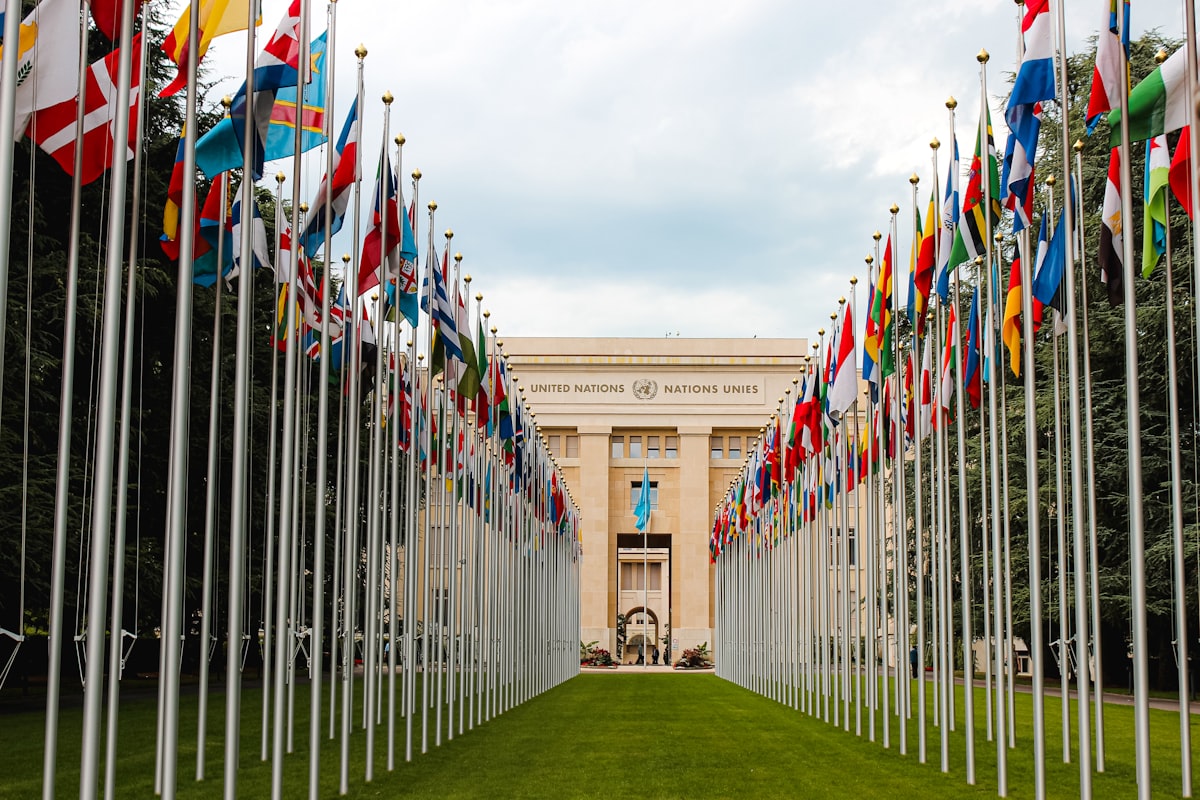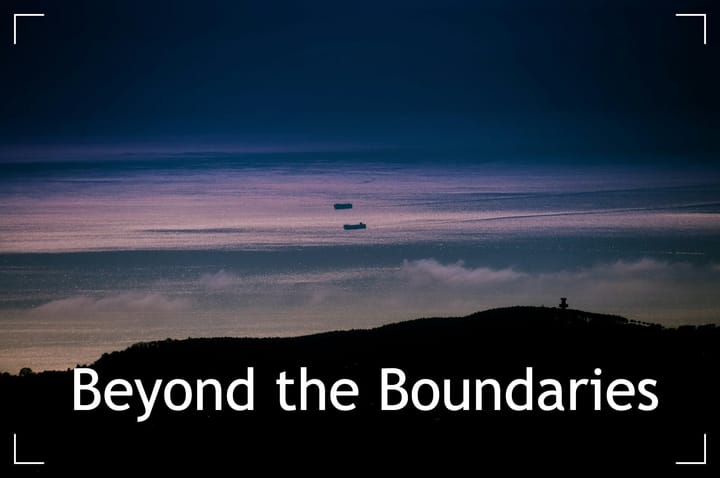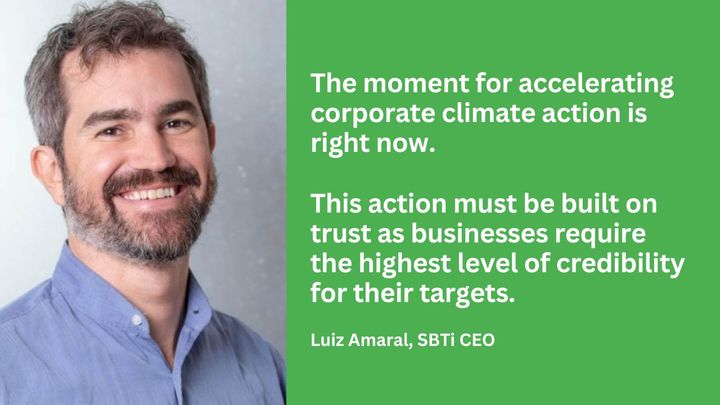The Importance of Delivering on Net Zero Strategy: Insights from UN Climate Chief
UN's chief climate scientist, Professor Jim Skea, warns world leaders to prioritize the shift from fossil fuels to electric vehicles. He emphasizes that leaders will be judged on their actions towards achieving net zero goals, highlighting the urgency of combating global warming

World leaders are receiving stern warnings from the United Nations' chief climate change scientist, Professor Jim Skea. In a recent interview with the Standard, Professor Skea emphasized the critical role of political leaders in spearheading the fight against global warming. He highlighted that the pace of global warming might be faster than anticipated and stressed the importance of transitioning from petrol and diesel to electric vehicles.
Professor Skea, who holds a position at Imperial College London, was recently elected as the chairman of the Intergovernmental Panel on Climate Change (IPCC), the UN's authoritative body on climate science. While he refrains from commenting on individual countries' net zero plans, he expressed concerns about recent decisions, such as Rishi Sunak's support for new oil and gas licenses in the North Sea.
According to the IPCC's findings, to maintain global warming within two degrees above pre-industrial levels, half of the current oil reserves must remain untapped. Professor Skea elaborated on the implications of adding to these reserves, emphasizing the tough choices future governments will face in balancing energy security with climate goals.
Leaders like US President Joe Biden, China's Xi Jinping, India's Narendra Modi, and Rishi Sunak are under increasing pressure to take decisive climate action. There are concerns that political leaders might waver in their environmental commitments as elections approach and other pressing issues arise.
Professor Skea underscored the need for a society-wide approach to tackle climate change, involving governments, businesses, communities, and individuals. He believes that political leaders play a pivotal role in setting the tone for collective action. He also highlighted the power of voting as a tool for citizens to influence government policies and emphasized the significant appetite for change when the economic and social impacts of climate action are clearly communicated.
In conclusion, while climate change presents existential threats to certain regions, Professor Skea remains optimistic about the global community's ability to address the challenge. He noted the visible impacts of climate change in our daily lives and urged for swift and coordinated action to mitigate its effects.
Source: Evening Standard.




Comments ()